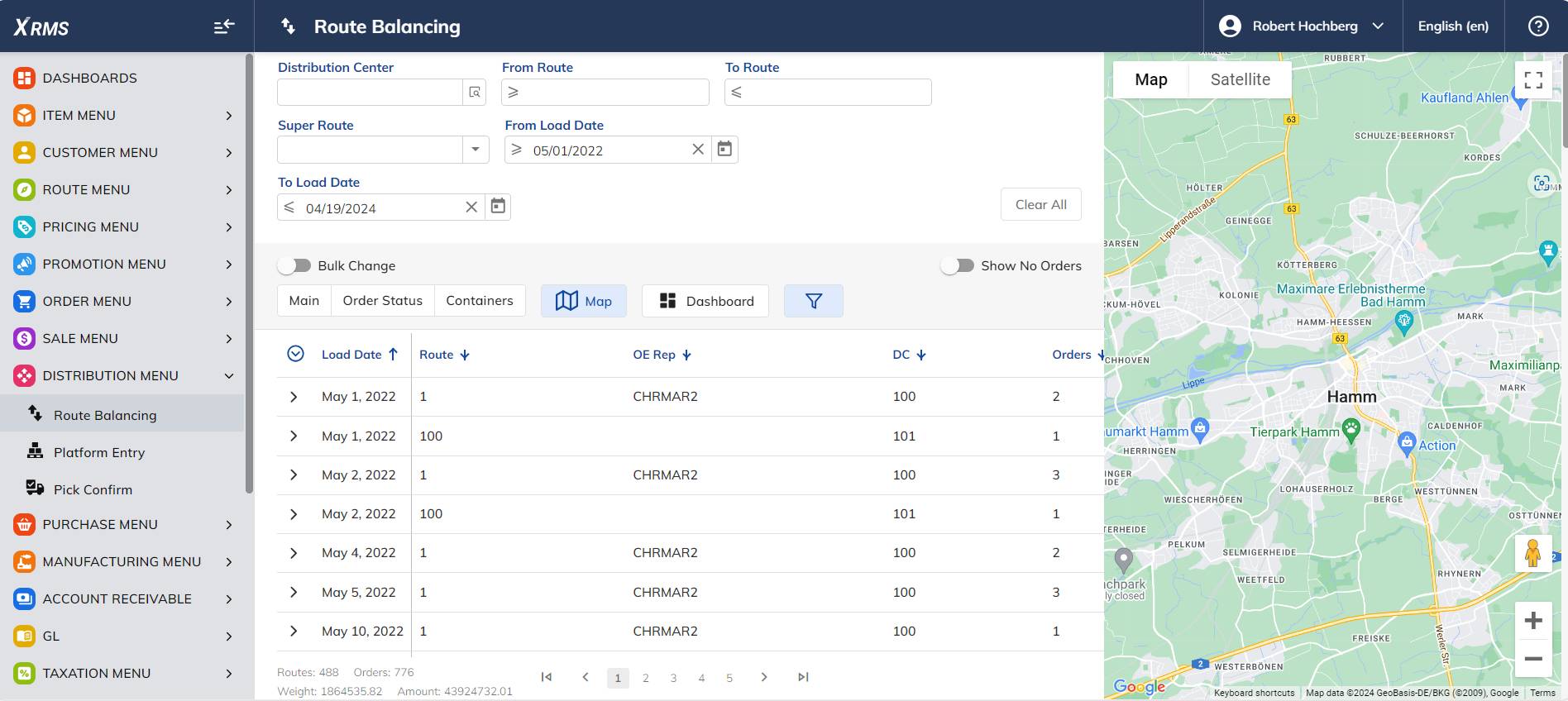Businesses are expanding their operations beyond borders. This expansion brings both opportunities and challenges, particularly for industries like route accounting,

Businesses are expanding their operations beyond borders. This expansion brings both opportunities and challenges, particularly for industries like route accounting, where understanding cultural nuances and navigating logistical hurdles are crucial for success.
Route accounting, once confined to local or regional operations, is now going global. Companies are extending their reach to new markets, serving diverse customer bases with varying preferences and expectations. This expansion necessitates a deeper understanding of cultural differences and logistical challenges to ensure seamless operations and customer satisfaction.
Cultural sensitivity lies at the heart of successful global route accounting. Each region has its own customs, traditions, and business practices that profoundly influence consumer behavior and market dynamics. To thrive in diverse cultural landscapes, route accounting professionals must adapt their strategies accordingly.
1. Language and Communication: Effective communication is essential for building trust and understanding with customers and partners in different regions. Language barriers can hinder communication, leading to misunderstandings and missed opportunities. Investing in language training or hiring multilingual staff can bridge these gaps and foster stronger relationships.
2. Cultural Awareness: Cultural awareness involves understanding and respecting the values, norms, and behaviors of diverse cultures. This awareness informs decision-making processes, such as product offerings, pricing strategies, and marketing approaches. By tailoring their practices to align with local customs, route accountants can better resonate with customers and gain their trust.
3. Relationship Building: Building rapport and trust is fundamental in route accounting, especially in global settings where personal relationships carry significant weight. Taking the time to establish meaningful connections with clients and partners demonstrates respect and commitment, paving the way for long-term success.
Logistics play a critical role in the efficiency and effectiveness of route accounting operations. Moving goods from production facilities to retail outlets or directly to consumers involves intricate supply chains, transportation networks, and inventory management systems. When operating on a global scale, these logistics challenges become even more complex.
1. Supply Chain Management: Coordinating the flow of products across borders requires meticulous planning and coordination. Factors such as customs regulations, tariffs, and transportation infrastructure can impact supply chain efficiency. Leveraging technology and partnerships with reliable logistics providers can streamline operations and mitigate risks.
2. Inventory Optimization: Balancing inventory levels to meet demand while minimizing carrying costs is a constant challenge in route accounting. Demand forecasting tools, real-time data analytics, and inventory optimization algorithms can help optimize inventory levels and reduce stock outs or overstock situations.
3. Last-Mile Delivery: The final leg of the delivery process, known as last-mile delivery, presents unique challenges in urban, suburban, and rural settings. Factors like traffic congestion, delivery time windows, and customer preferences for delivery options require innovative solutions, such as route optimization algorithms and alternative delivery methods like drones or autonomous vehicles.
As route accounting continues to expand globally, navigating cultural differences and logistics challenges becomes increasingly vital for success. By embracing cultural sensitivity, fostering strong relationships, and leveraging technology to overcome logistical hurdles, companies can thrive in diverse markets and deliver exceptional service to customers worldwide. In this interconnected world, route accounting truly goes global, highlighting the importance of route accounting in connecting businesses and communities across borders.
